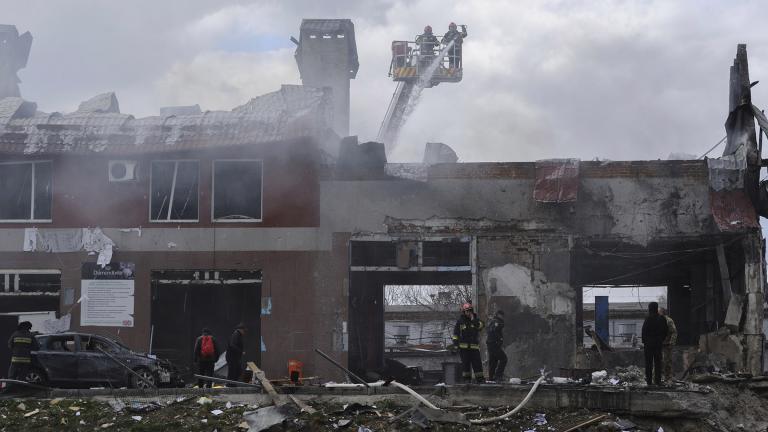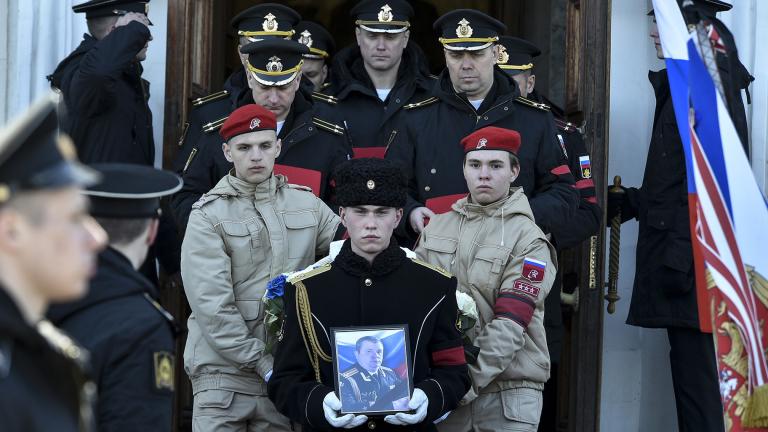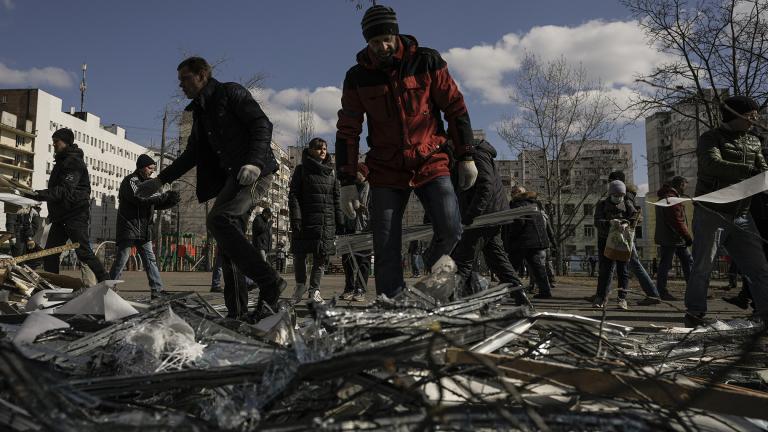Some Chicago restaurateurs say they’re skeptical whether the upcoming NATO conference will translate to more business, according to a story published in Crain’s Chicago Business Tuesday morning.
The city has long aimed to paint the May 20-21 summit as a money-maker for the city. On Monday, officials hoped to drive that point home with a report from World Business Chicago and the Chicago NATO Host Committee that estimates a $128 million revenue bump, thanks to the more than 21,000 diplomats, aids, security personnel, and members of the press expected to descend upon Chicago for the event. But restaurateurs say they expect hotels to pick up the bulk of that change.
“We have no reservations Monday the 21st and very few from Saturday the 19th,” Glenn Keefer told Crain’s, adding he’s concerned that area businesses who opt to close during the summit will hurt his restaurant’s bottom line. Keefer owns the River North Steakhouse, Keefer’s, and is also a silent partner with Tavern on the Park.
Crain’s reports those sentiments were echoed by other members of the Illinois Restaurant Association, who convened downtown Tuesday for a briefing with representatives from NATO security consultant Hillard Heintze.“It's security, security, security,” Chicago Cut Steakhouse co-owner Matt Moore told Crain’s. “I can only see a downside.”
Meanwhile, the Chicago Tribune reports city officials have projected NATO to be a bigger economic boon than some of the most popular trade shows, because those projections don’t include what the government and corporations plan to spend while playing host.
“The four-day National Restaurant Association show, for instance, drew 58,000 attendees last year — about triple the number estimated for the summit — and was estimated to have generated $93.3 million in spending.
“Judged by similar criteria, the comparable estimate for the NATO summit would be a more modest $33.6 million, according to the report,” says the Tribune.
University of Chicago economist Allen Sanderson told the Chicago Tribune the Host Committee’s revenue prediction is a gross overestimate. He said the study likely underestimates the loss of other tourism and business.
"Economic impact studies largely are public relations documents," Sanderson told the Tribune. "They are not some academic study in molecular biology or nuclear physics."








